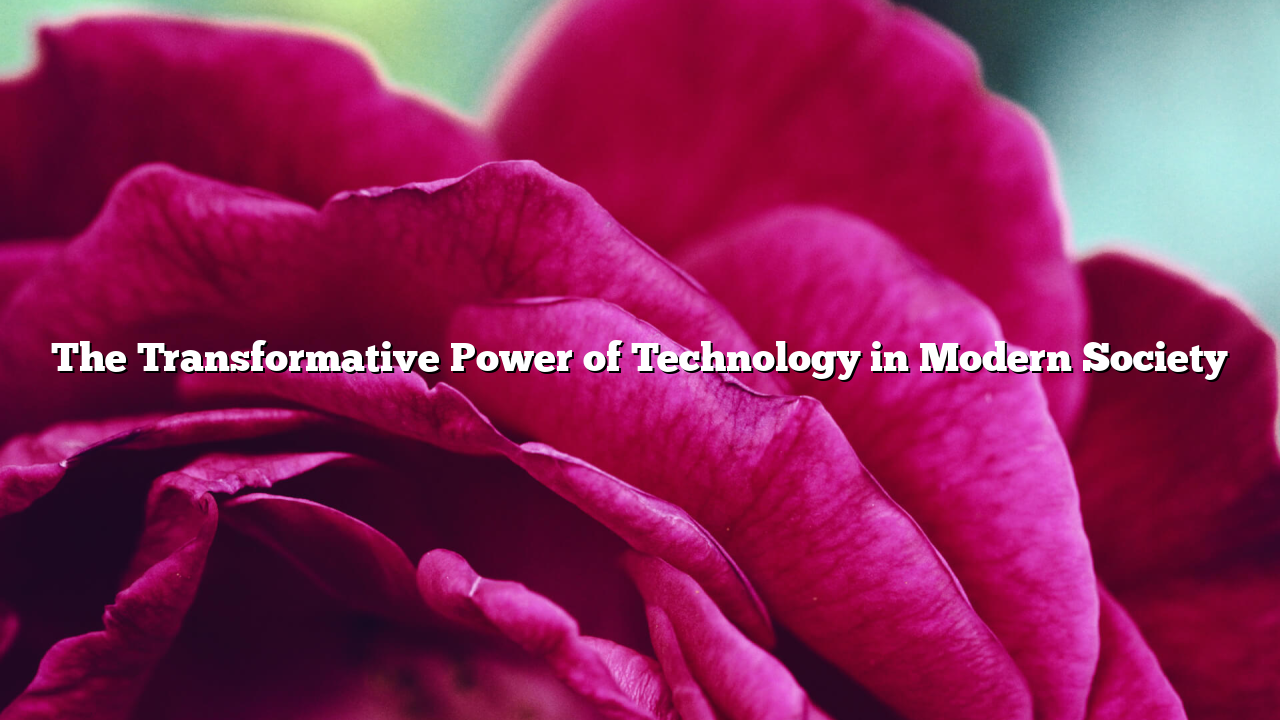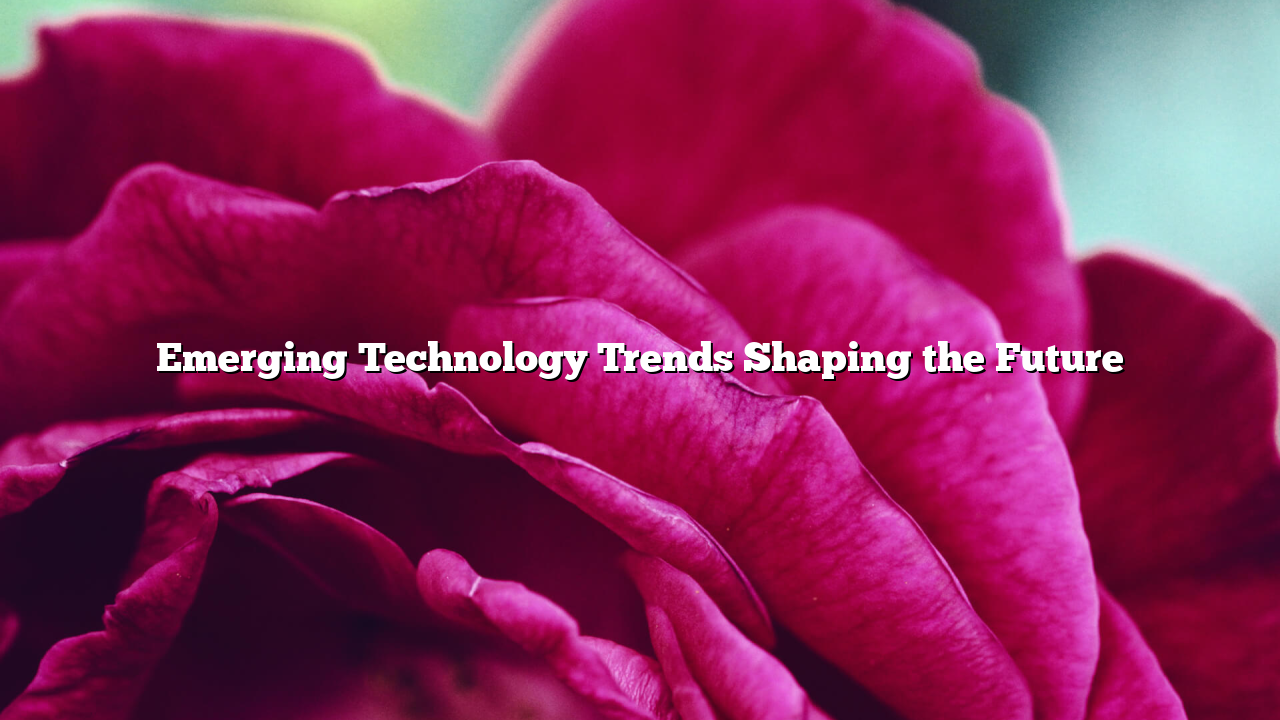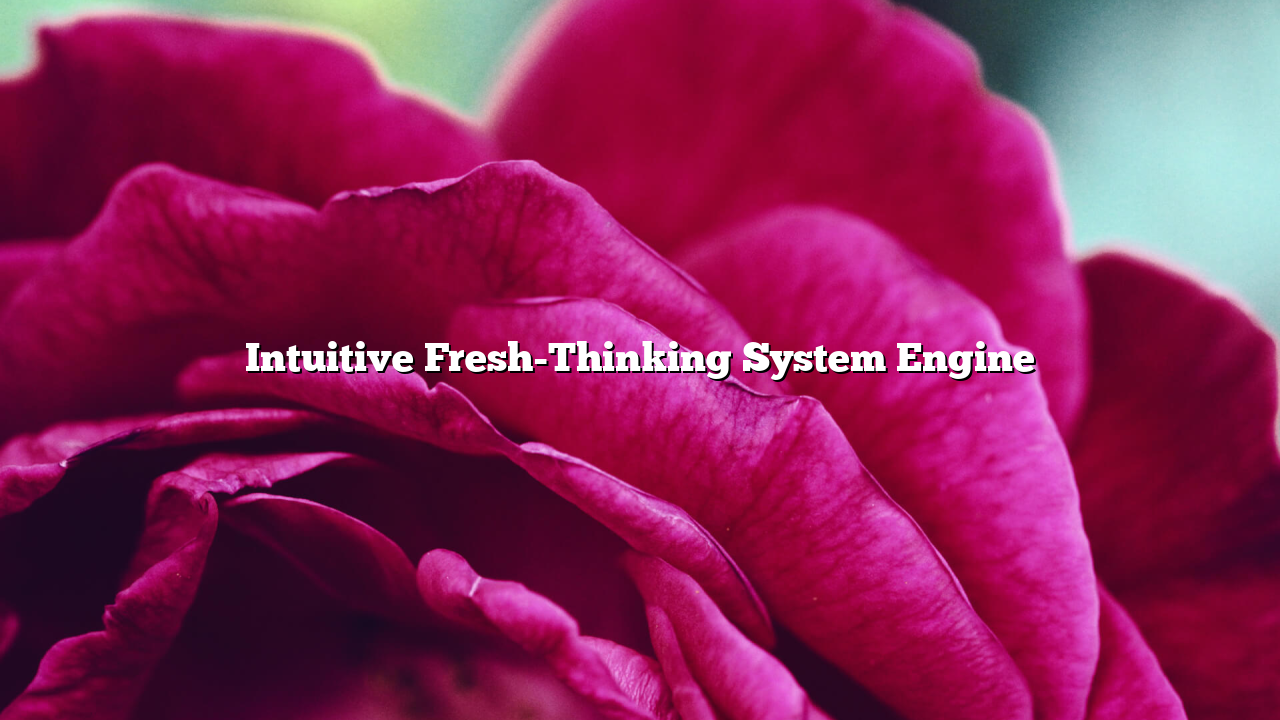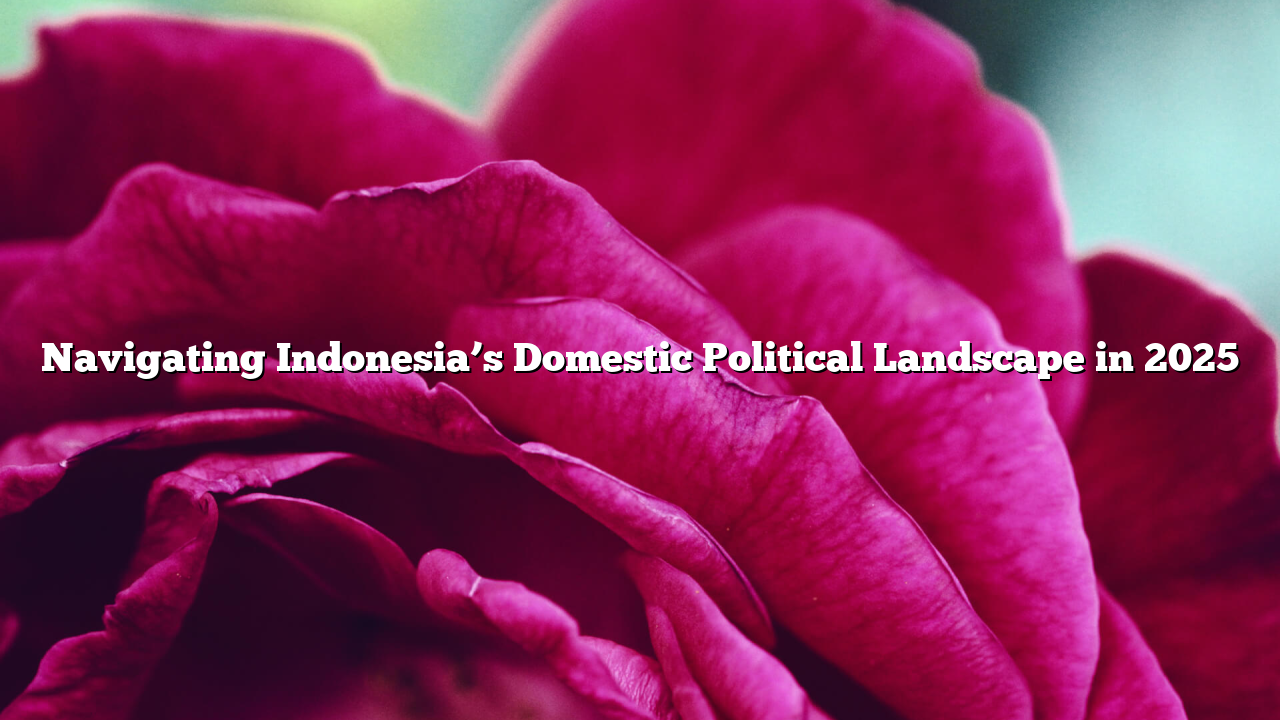Technology has become an inseparable part of our daily lives, shaping the way we live, work, and interact. From the invention of the wheel thousands of years ago to the rise of artificial intelligence today, human history has always been tied to technological progress. Each new innovation brings opportunities kingindo127 and challenges, forcing society to adapt to a constantly evolving landscape.
One of the most visible areas where technology has made a tremendous impact is communication. In the past, people relied on letters that took days or weeks to reach their destination. Today, with the help of the internet and mobile devices, communication is almost instant. Social media platforms, video calls, and messaging apps have made it possible to connect with anyone in the world, bridging gaps across continents and cultures. This global connectivity has not only enhanced personal relationships but has also opened up new opportunities in education, business, and international collaboration.
Another significant transformation can be seen in the field of healthcare. Medical technology has advanced at a remarkable pace, improving both the quality and accessibility of treatment. From sophisticated diagnostic tools such as MRI machines to wearable devices that monitor vital signs in real time, technology is helping doctors provide more accurate care. Telemedicine has further revolutionized healthcare by allowing patients to consult specialists without leaving their homes. As a result, millions of people in remote or underserved areas now have access to medical services that were once out of reach.
Education has also undergone a digital revolution. Traditional classrooms are no longer limited to chalkboards and textbooks. Instead, digital platforms, online courses, and interactive learning tools have broadened the way students gain knowledge. During the COVID-19 pandemic, for example, technology played a crucial role in ensuring that education could continue despite physical restrictions. Today, many universities and schools continue to adopt hybrid models that combine traditional teaching with digital tools, providing a more flexible and inclusive learning environment.
In the workplace, automation and artificial intelligence are redefining industries. Factories increasingly use robots to perform repetitive tasks, while algorithms analyze vast amounts of data to help businesses make better decisions. While this raises concerns about job displacement, it also creates new opportunities in fields such as data science, cybersecurity, and software development. The key challenge lies in preparing the workforce with the skills needed to thrive in this digital economy.
Despite the many benefits, technology also poses significant challenges. Issues such as privacy, cybercrime, and the spread of misinformation highlight the darker side of digital progress. The constant use of social media has been linked to mental health concerns, particularly among young people. Moreover, the rapid development of artificial intelligence raises ethical questions about bias, accountability, and the potential misuse of autonomous systems. As a result, governments, organizations, and individuals must work together to establish ethical frameworks and regulations that guide the responsible use of technology.
Looking ahead, the future of technology seems boundless. Innovations in renewable energy, biotechnology, space exploration, and quantum computing promise to shape the next era of human civilization. The challenge will be to harness these advancements in ways that promote inclusivity, sustainability, and global cooperation. Technology is not simply a set of tools; it is a force that defines who we are and what we can become.
In conclusion, technology has transformed every aspect of modern society, from the way we communicate and learn to how we work and heal. While it presents undeniable challenges, its potential to improve human life is immense. The key lies in using technology wisely, ensuring that progress serves humanity as a whole rather than just a privileged few. By embracing innovation with responsibility, society can shape a future where technology truly enhances the human experience.











Leave a Reply